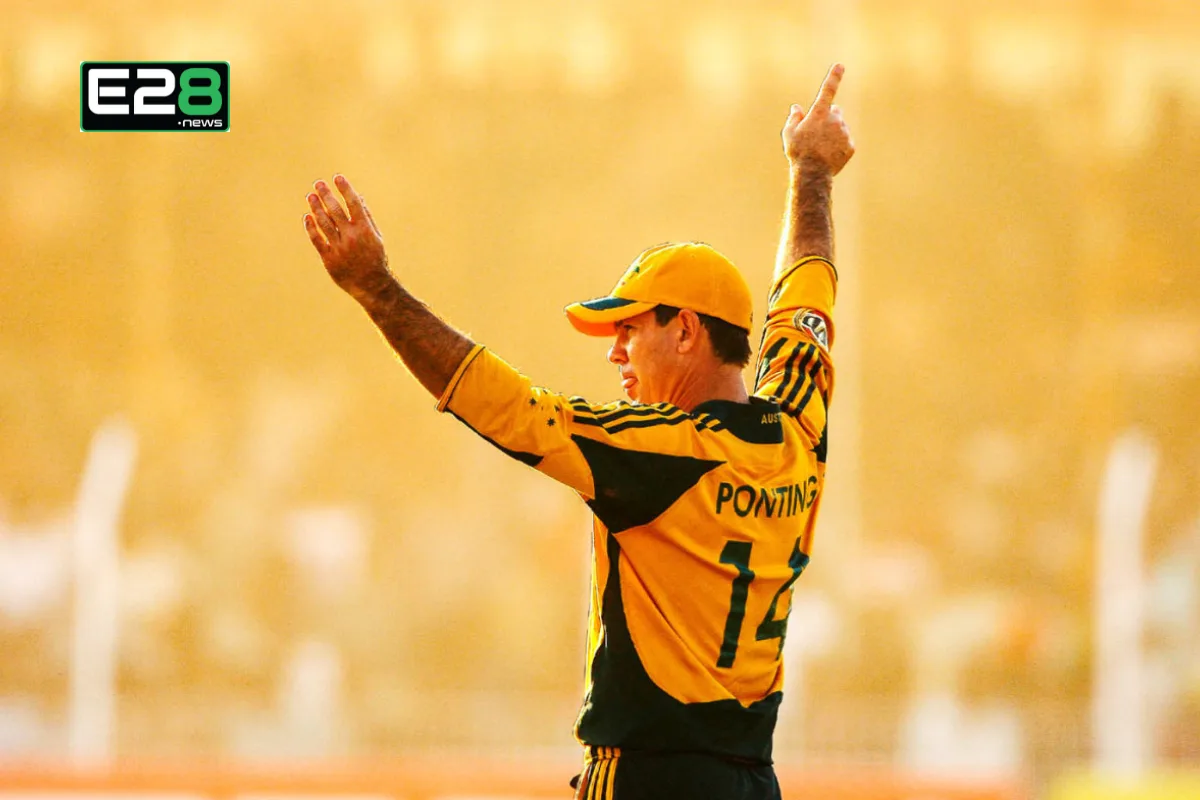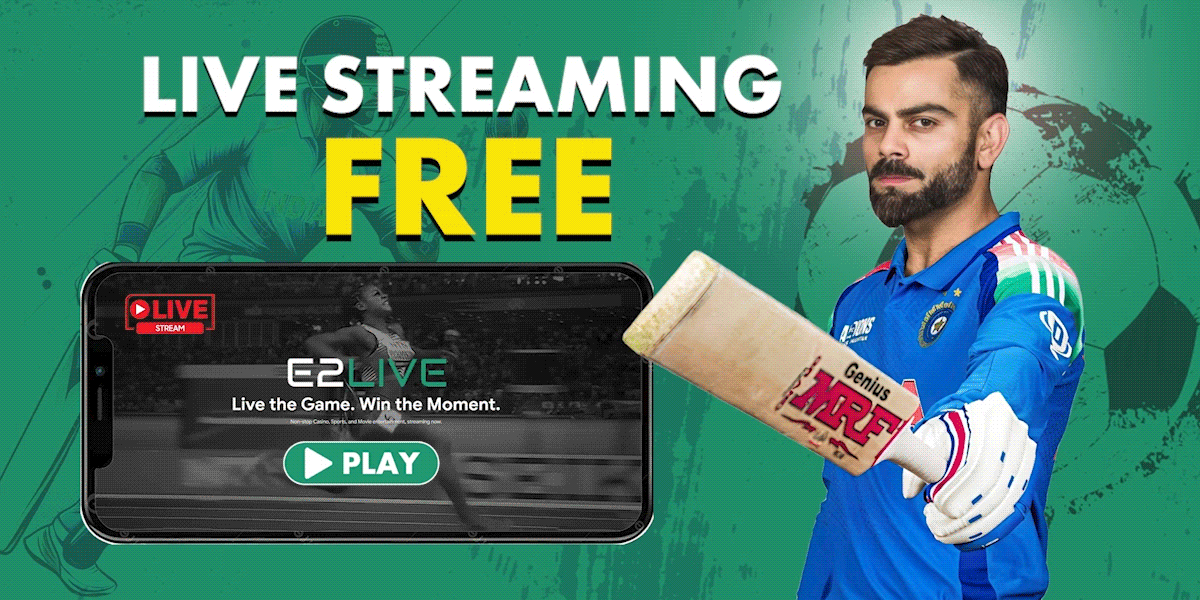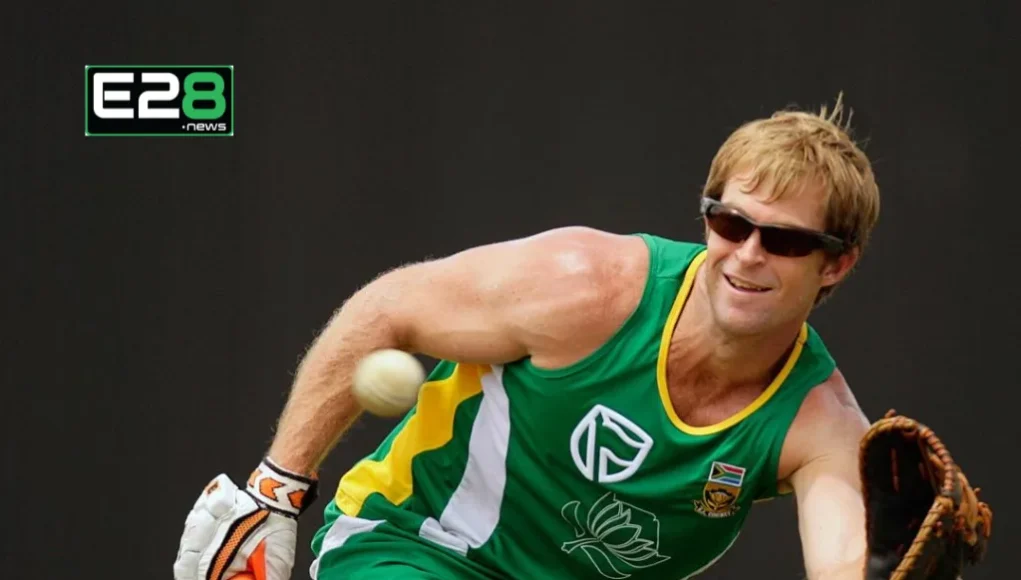In cricket, fielding is often considered the unsung hero of the game. While batters and bowlers typically steal the limelight, a match can frequently be won or lost based on key fielding moments. A fielder’s sharp reflexes, excellent technique, and athleticism can turn the tide of a game. When we look back at the best fielders in cricket history, we find players who brought fielding into the spotlight and made it an integral part of winning strategies.
Why Fielding Matters in Cricket
Fielding isn’t just about stopping boundaries or completing run-outs; it’s about creating game-changing moments. The best fielders know how to anticipate the ball’s trajectory, position themselves well, and make quick decisions that save runs or dismiss crucial players. In recent decades, the evolution of cricket fielding has raised the standard to an elite level, and today’s players are more athletic and agile than ever before.
The Role of Fitness in Modern Fielding
One of the biggest changes in fielding standards has been the increased importance of fitness. Today’s top fielders, such as AB de Villiers and Virat Kohli, are known for their agility, quick reflexes, and ability to cover vast areas of the field. Fitness has become a critical factor in becoming a great fielder, helping players perform actions like boundary stops, diving catches, and quick throws that can save valuable runs.
Jonty Rhodes: The Fielding Revolution
There’s no better way to start this list than with Jonty Rhodes, a player who completely transformed the role of fielding in cricket. Known for his breathtaking reflexes and ability to execute exceptional run-outs, Rhodes set new benchmarks for fielding. His iconic run-out of Inzamam-ul-Haq in the 1992 World Cup is still remembered as one of the greatest moments in cricket history.
Rhodes’ Game-Changing Influence
Before Rhodes, fielding was seen as secondary to batting and bowling. However, with his athleticism and sharp decision-making, Rhodes made fielding an exciting and essential part of cricket. His ability to make spectacular catches and create critical dismissals at key moments reshaped how we think about the role of a fielder.
Ricky Ponting: The Slip Master
While Ricky Ponting is primarily known for his batting prowess, his fielding skills were just as remarkable. As one of Australia’s greatest captains, Ponting was a master in the slip fielding position, where his quick reflexes and sharp anticipation made him a crucial player in the team’s success.
Ponting’s Slip Fielding Excellence
Ponting’s slip catches were legendary, and his ability to hold onto difficult catches made him a standout player in the Australian team. He turned the slip cordon into a place of excitement, where every ball seemed like a potential match-changing moment. His fielding not only contributed to taking wickets but also helped in building pressure on the opposition.

Ben Stokes: The Complete All-Rounder
Ben Stokes is a modern-day cricketing legend known for his all-around performances. While his batting and bowling are outstanding, his fielding skills are equally impressive. Whether it’s a key boundary stop or an incredible diving catch, Stokes’ energy and commitment make him a formidable fielder.
Ben Stokes’ Crucial Fielding Moments
Stokes has delivered some of the most memorable fielding moments in recent cricket history. His crucial run-out in the 2019 World Cup final was pivotal in England’s victory, proving that fielding can be just as important as batting or bowling when it comes to deciding the outcome of a match.
Shahid Afridi: Energy and Agility in the Field
Shahid Afridi is one of Pakistan’s most explosive players, and his fielding skills often go unnoticed. Afridi’s ability to cover the ground quickly and stop boundaries was invaluable to his team. His athleticism allowed him to execute flawless throws and boundary saves that turned the game in Pakistan’s favour.
Afridi’s Boundary-Stopping Expertise
Afridi was particularly known for his ability to stop boundaries, especially in the outfield. His commitment to preventing runs helped shift momentum in tight games. Afridi’s fielding became an integral part of Pakistan’s strategy during key moments in their matches.
Virat Kohli: The Relentless Fielder
As one of the most aggressive cricketers of his generation, Virat Kohli has set high standards for fielding in India. Known for his high-energy performances, Kohli’s fielding abilities are equally impressive. His work in the cover region is exemplary, where he combines quick reactions with sharp decision-making to save crucial runs.
Kohli’s Impact on Indian Fielding Culture
Kohli’s intense approach to cricket, coupled with his fielding skills, has motivated a new generation of Indian cricketers to take fielding seriously. His leadership and emphasis on fitness have made fielding a key part of the Indian team’s approach to the game.
AB de Villiers: The Superman of the Field
AB de Villiers might be best known for his batting, but his fielding was equally extraordinary. Whether it was taking a spectacular catch or making a game-changing boundary stop, de Villiers brought a new level of excitement to fielding in cricket.
De Villiers’ Game-Changing Fielding Skills
Known for his versatility, de Villiers could field in various positions, from the slips to the outfield. His quick reflexes and ability to read the game made him one of the top fielders of his generation. His impact on South African fielding culture was undeniable, inspiring future players to adopt his high standards.
Conclusion
While the batting and bowling units often steal the spotlight, it’s clear that fielding can be the difference between victory and defeat in cricket. The best fielders in cricket history, including legends like Jonty Rhodes and Ricky Ponting and modern icons like Virat Kohli and Ben Stokes, have shown how important fielding is in shaping the outcome of a match.
By mastering fielding techniques, improving fitness, and maintaining sharp reflexes, today’s cricketers continue to raise the bar, ensuring that fielding remains a key component of the game. The evolution of fielding has undoubtedly changed the way the game is played, making it just as thrilling as batting and bowling.
FAQs
Q1. Who is considered the best fielder in cricket history?
Ans. Jonty Rhodes is widely regarded as the best fielder in cricket history due to his lightning-fast reflexes and game-changing run-outs.
Q2. Why is fielding so important in cricket?
Ans. Fielding can make a huge impact by saving runs, taking crucial catches, and creating run-outs, all of which can change the momentum of a game.
Q3. What made Ricky Ponting a great fielder?
Ans. Ricky Ponting’s exceptional slip fielding and his ability to anticipate the ball made him one of the best fielders in cricket.
Q4. How did Ben Stokes’ fielding contribute to England’s success in the World Cup?
Ans. Ben Stokes played a key role in England’s 2019 World Cup win with his crucial fielding moments, including a vital run-out in the final.
Q5. Can fielding be as important as batting and bowling?
Ans. Absolutely! Fielding can be just as crucial as batting and bowling in determining the outcome of a match, as key moments in the field can shift momentum in a team’s favour.
















